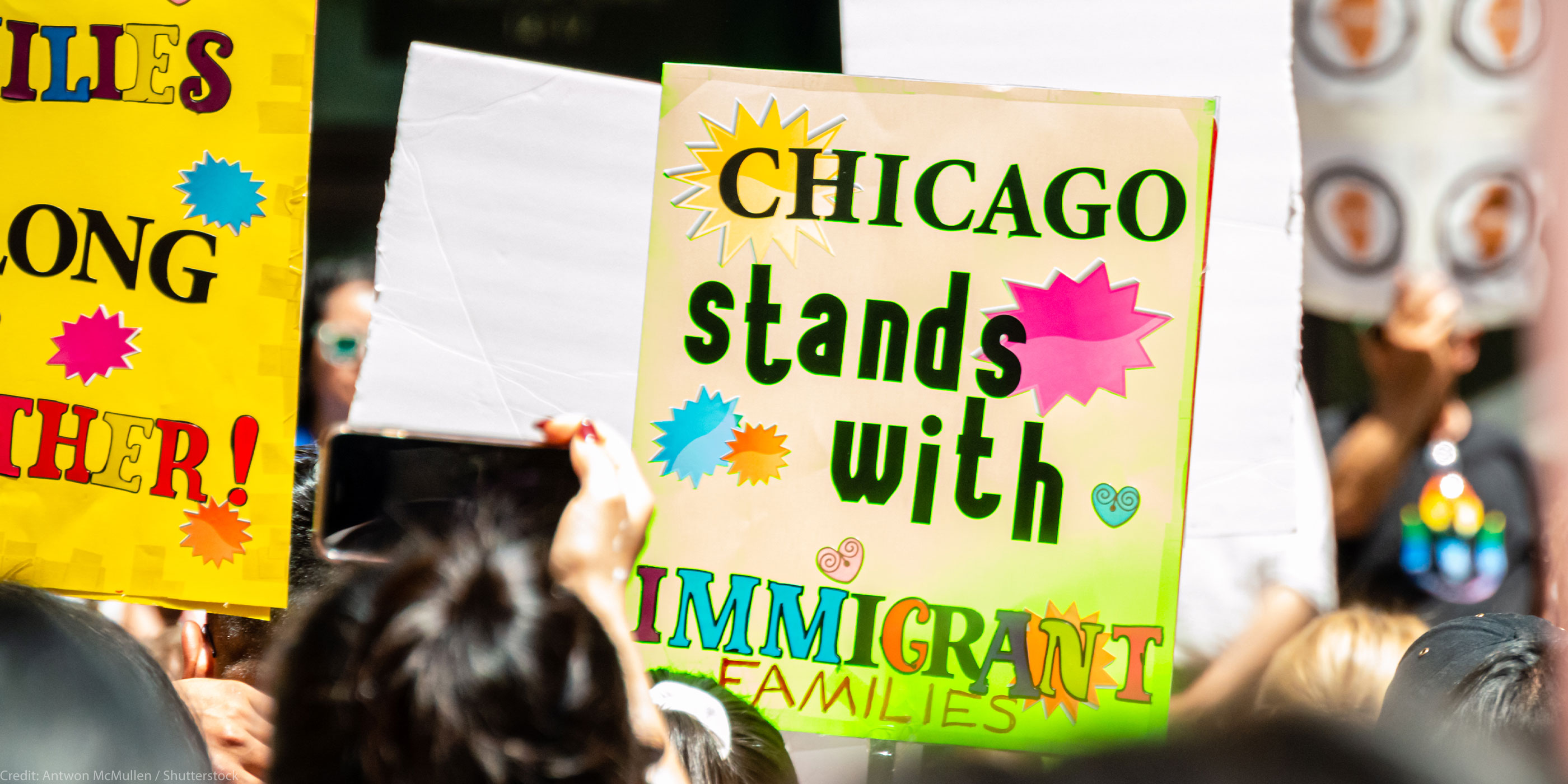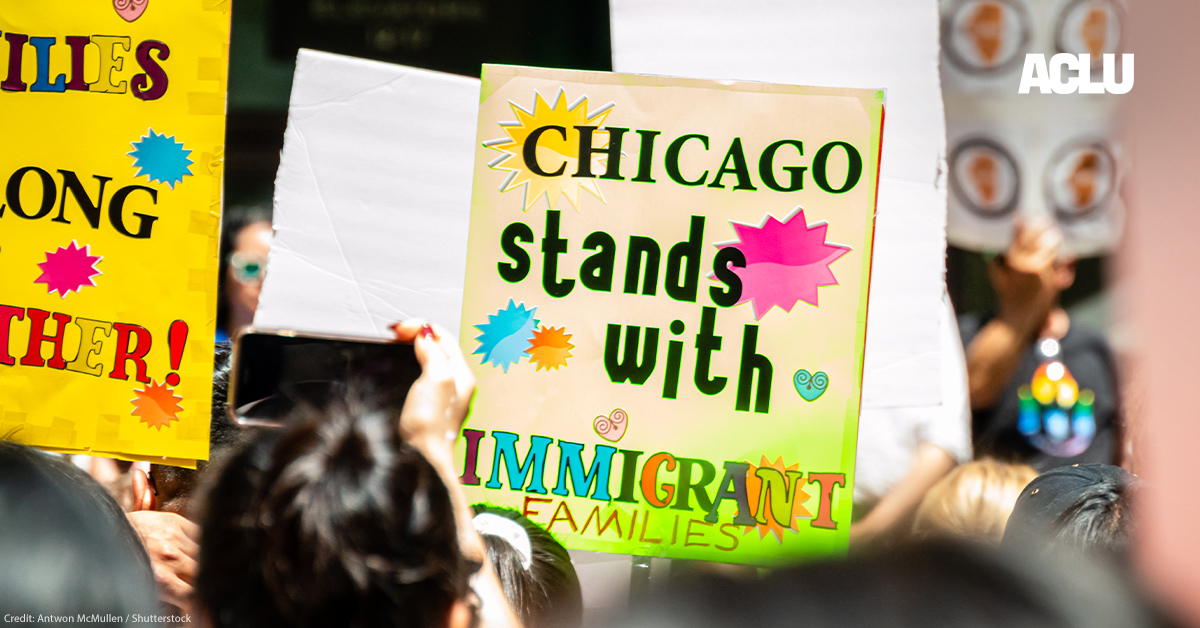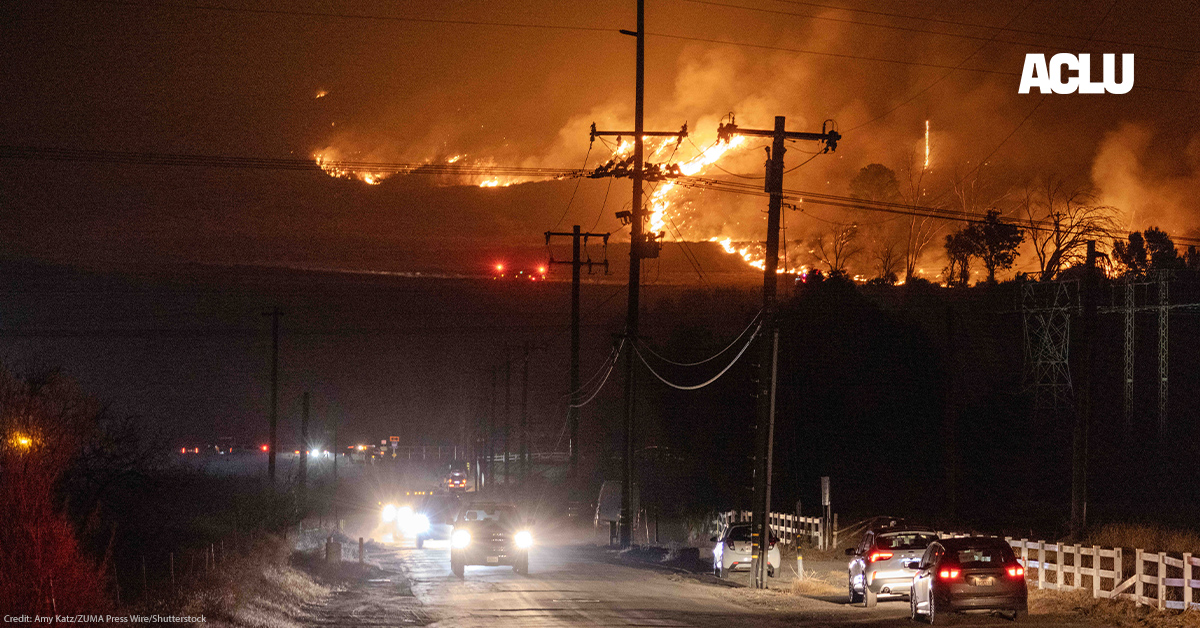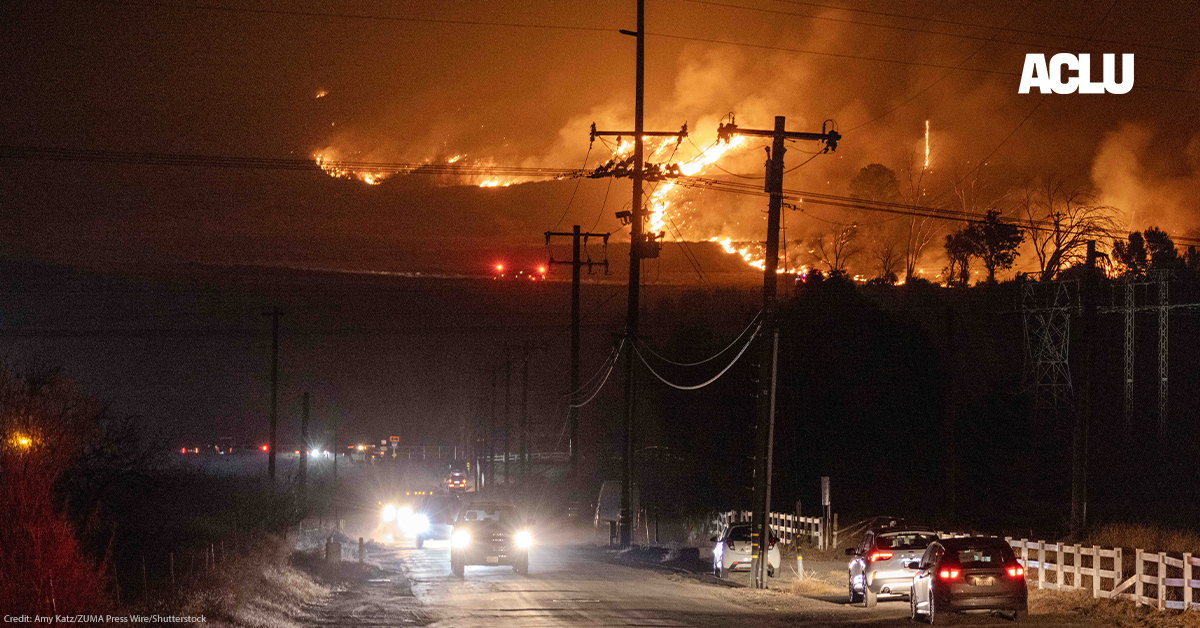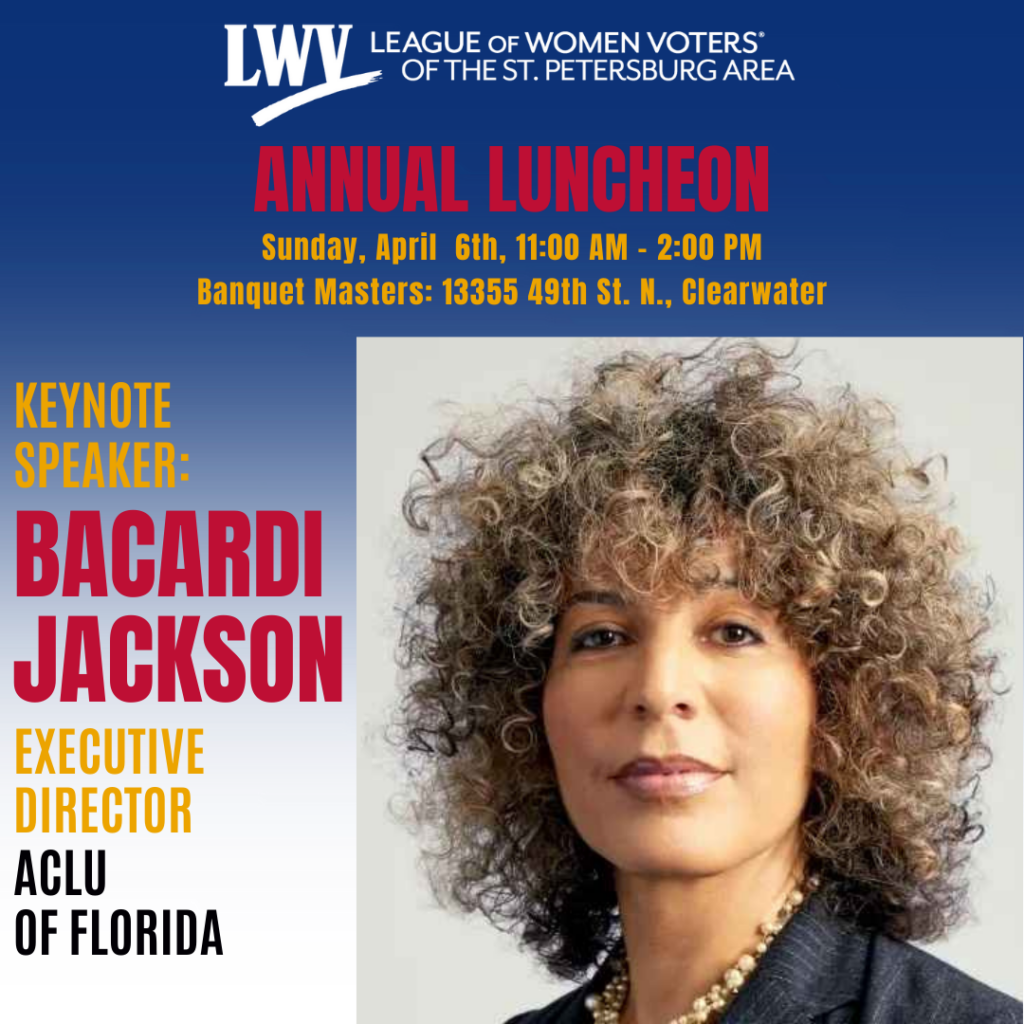The Trump administration has not been subtle in its desire to use federal funding for political punishment. Whether threatening to cut off grants to sanctuary cities, to block financial assistance to states that push back against the president’s demands, or to freeze all federal grants and loans for social services across the country, Trump and his allies want us to believe they can wield the federal budget like a weapon. The reality is that the administration’s ability to withhold or condition funding is far more limited than they let on. The Constitution, Supreme Court precedent, and long-standing federal law stand firmly in the way of this brazen abuse of presidential power.
Trump’s Attempted Funding Freeze? Blocked Immediately
A week into his second administration, Trump attempted to freeze trillions of dollars in federal grants and loans that fund a vast array of critical services already approved by Congress. If allowed to go into effect, this unprecedented and far-reaching order would mean that seniors could go hungry, refugee resettlement agencies would close their doors, addiction treatment clinics would cancel appointments, and schools would need to freeze meal programs. It would also impact vital programs designated for disaster relief, public safety, public health, infrastructure, and even small business loans.
However, under both the Constitution and the Impoundment Control Act, the president cannot withhold congressionally-approved funding without congressional authorization. Previous administrations have tried and failed to push similar measures, and courts have repeatedly ruled that such attempts violate both statutory and constitutional principles. Despite what the president wants us to think, this attempt is no different.
Multiple courts have temporarily blocked Trump’s dangerous freeze from going into effect. Judge AliKhan wrote in a 30-page ruling that the Trump administration’s “actions in this case potentially run roughshod over a ‘bulwark of the Constitution’ by interfering with Congress’s appropriation of federal funds”and because “the funding freeze threatens the lifeline that keeps countless organizations operational, plaintiffs have met their burden of showing irreparable harm.”
Congress Has the "Power of the Purse," Not the President
Federal funding to states and localities falls into two broad categories: mandatory spending—such as Medicaid and highway funding—that is required by law, and discretionary spending—such as education and community services grants—that is appropriated annually. The vast majority of federal grants to states are formula-based, meaning they are distributed according to statute rather than the whims of the executive branch. Competitive grants, where the administration has more discretion, account for only a small fraction of federal aid to state and local governments.
Under the Constitution, Congress – not the president — has the "power of the purse,” which means the legislature decides what funds should be spent and where, and the executive branch is bound by congressional appropriations. Unless Congress authorizes it, the executive branch cannot unilaterally withhold, alter, or add new conditions to funding.
Abusing Federal Funding Has Always Been Unlawful
The Trump administration has threatened to cut off funding to the states and cities that refuse to cooperate with its federal immigration enforcement agenda. This is not only legally dubious, but also unconstitutional.
Moreover, the Supreme Court has been clear: Under the 10th Amendment, the federal government cannot force states or cities to carry out federal immigration enforcement actions. In fact, the Trump administration previously attempted to challenge state and local laws limiting cooperation with ICEand completely failed. Courts across the country, including decisions by Trump-appointed judges, have upheld the right of states and localities to say no to participating in federal immigration enforcement.
Consequently, even when Congress does attach conditions on funding, they must respect states’ 10th Amendment rights and the conditions must be clear, directly related to the purpose of the funding, not coercive, and cannot override constitutional rights such as free speech or due process. For example, in National Federation of Independent Business v. Sebelius, the Supreme Court ruled that threatening to withhold all Medicaid funding unless states agreed to expand the program was unconstitutional coercion. In contrast, in South Dakota v. Dole, the court upheld a condition requiring states to raise their drinking age to receive 5 percent more in highway funds, because the court deemed the condition relevant and not coercive.
Similarly, while federal agencies may attempt to rewrite grant regulations, they are bound by the Administrative Procedure Act, which generally requires formal rulemaking and prohibits “arbitrary” or “capricious” changes or changes that exceed an agency’s legal authority. Multiple courts struck down the Trump administration’s prior efforts to add new conditions to state and local grants—such as requiring information sharing or cooperation with federal immigration enforcement— for exceeding statutory authority.
Standing Up to the Administration's Threats
The Trump administration wants state and local leaders to panic at the idea of losing funding. But history, legal precedent, and constitutional law significantly limit the president’s authority over congressionally-appropriated funds. The courts have consistently ruled that the executive branch cannot strong-arm states and cities into compliance by weaponizing federal dollars.
Fearmongering over funds should not lead to fealty. Officials facing threats should carefully conduct legal reviews and push back against unlawful funding conditions. The administration is relying on fear to win. We won’t sit idly by. Take action now and remind Congress that the president doesn’t control what programs get funded — they do.
Date
Monday, February 10, 2025 - 4:30pmFeatured image
